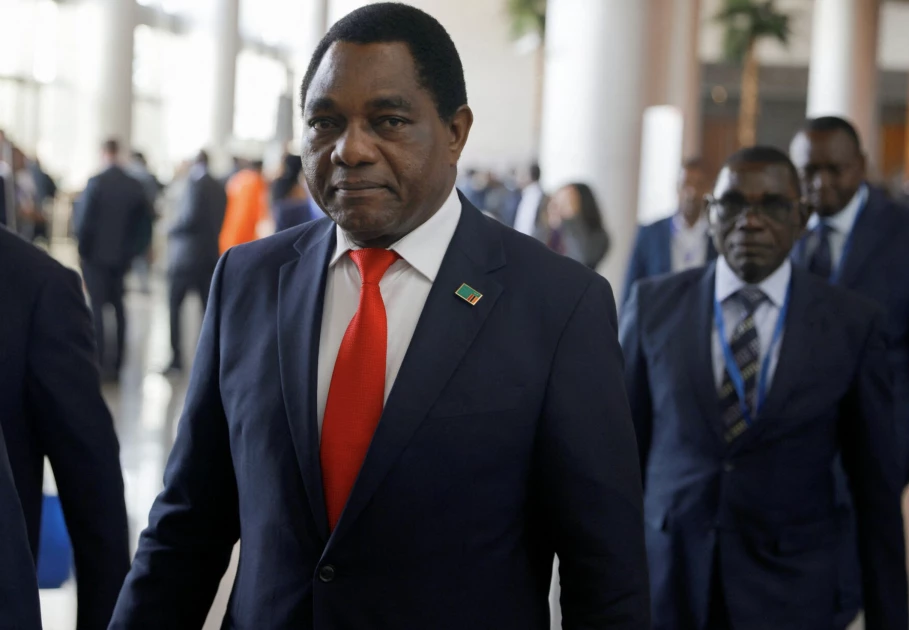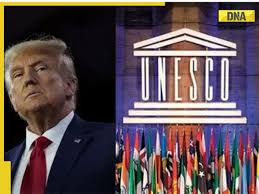The government of Zambia has expressed deep concern over a new United States policy that requires Zambian citizens to pay up to $15,000 (Ksh.1.95 million) in visa bonds when applying for some U.S. travel documents.
Starting August 20, 2025, the U.S. government, under President Donald Trump’s administration, will begin a pilot program that demands visa applicants from Zambia and Malawi to pay refundable bonds of $5,000, $10,000, or $15,000 when applying for tourist (B-2) and business (B-1) visas.
The bonds will be refunded if the applicant leaves the U.S. within the allowed period and follows all visa conditions, according to the U.S. State Department.
Zambia’s Foreign Minister, Mulambo Haimbe, responded on Friday, saying the move could cause “unnecessary financial strain” on ordinary citizens and negatively impact trade, tourism, education, investment, and people-to-people relations between the two countries.
“While the U.S. government has the right to change its visa policies, we view this decision with serious concern, especially due to its potential economic effects,” Haimbe said in a statement.
The new rule applies only to tourist and business visa applicants, not to students or people who already have a valid visa issued before August 20.
The U.S. says the rule targets countries with high visa overstay rates. The aim is to discourage people from staying illegally after their visa expires.
However, many in Zambia say the bond is unrealistic for a country where the average household earns around $150 per month.
Former diplomat and international affairs analyst Anthony Mukwita called the bond requirement “unaffordable and laughable.”
“This bond could drill a borehole and bring clean water to an entire village. But instead, it is being used to buy a chance at the American dream — a dream that now feels like a gated community with an expensive entry fee,” he said in a Facebook post.
The Zambian government says it will engage U.S. authorities in hopes of finding a more practical solution.
Meanwhile, Malawi, the other African country affected by the policy, has not yet issued an official response.
This visa bond policy was first introduced in 2020 by the Trump administration but was paused under President Joe Biden. With Trump back in office, it has been revived and expanded as part of his wider push to tighten immigration controls and reduce visa overstays from certain countries.



